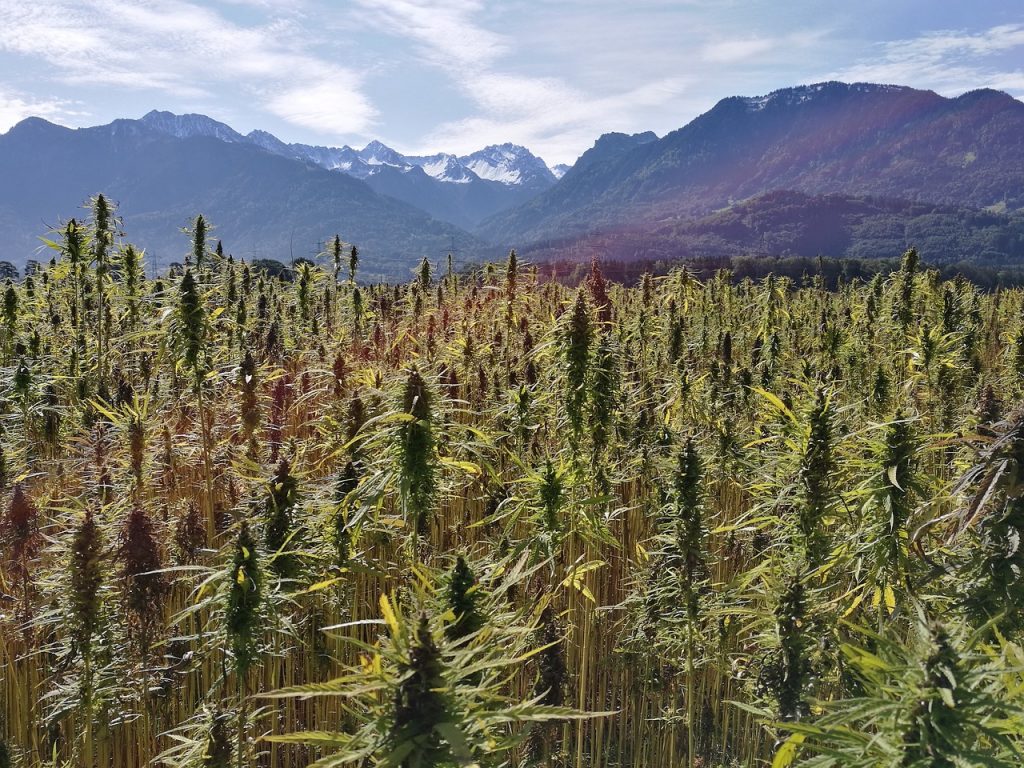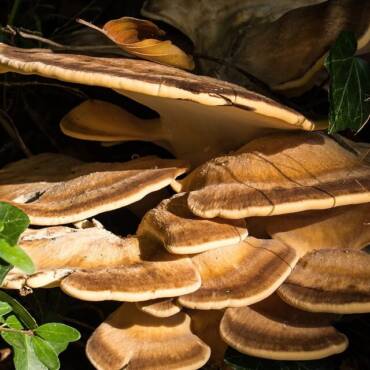
What About Hemp?
Excerpt by: Alex Oleinic , Benzinga Staff Writer
A major talking point that surrounded the Farm Bill during negotiations concerned the legalization of hemp.
The previous bill, passed in 2014, relaxed hemp laws more and allowed a number of states to cultivate the plant.
For the 2018 bill, Senate Majority Leader Mitch McConnell introduced hemp laws and pushed for their inclusion in the final bill. As a member of the joint conference committee on the farm bill, McConnell signed the bill Monday. On Tuesday, McConnell said the bill is “locked in.”
The provisions introduced by McConnell would make hemp a lawful agricultural commodity, thus allowing hemp farms to obtain crop insurance. In addition, legalizing hemp also removes any uncertainties surrounding hemp-derived cannabidiol, or CBD, and CBD-based products.
The bill effectively removes hemp from Schedule 1 of the Controlled Substances Act and puts it under the supervision of the Department of Agriculture.
Some regulations will remain, but it’s a major step forward for the commercialization of the plant.
The Companies That Would Benefit
The legalization of hemp would have a direct effect on businesses across the U.S.
Many farmers are expected to plant more hemp due to the high demand for CBD products. In 2017, $827 million in legal hemp products were sold in the U.S., most of which were CBD products. The legislation would also help cannabis companies with hemp divisions.
Listing on a major U.S. exchange is difficult for American cannabis companies due to the federal illegality of the plant. The new farm bill would make it possible for cannabis companies that are also engaged in hemp to spinoff their hemp assets into separate public companies.
In turn, more investors could confidently invest in hemp stocks due to the removal of legal uncertainty.






